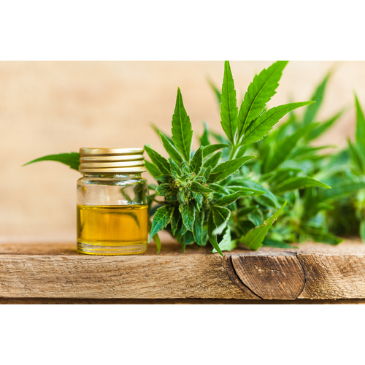Within the past couple years, Delta-8 THC has skyrocketed in popularity across the country as a “legal” substitute and loophole around many state and federal laws prohibiting “marijuana” and Delta-9 THC. To understand why that is, it’s important to first understand what exactly these chemicals are, and the legal definitions of the different terms. Definitions […]
Legal Blog
Discover a Wealth of Legal Insights and Resources with Best and Brock. Committed to protecting your rights and ensuring justice, we offer an extensive collection of articles and guides covering essential topics in Criminal Defense, DUI Defense, Personal Injury, and Civil Litigation. Our library serves as a valuable resource to enrich your understanding of legal matters, empowering you with the knowledge needed to navigate complex legal issues effectively.










